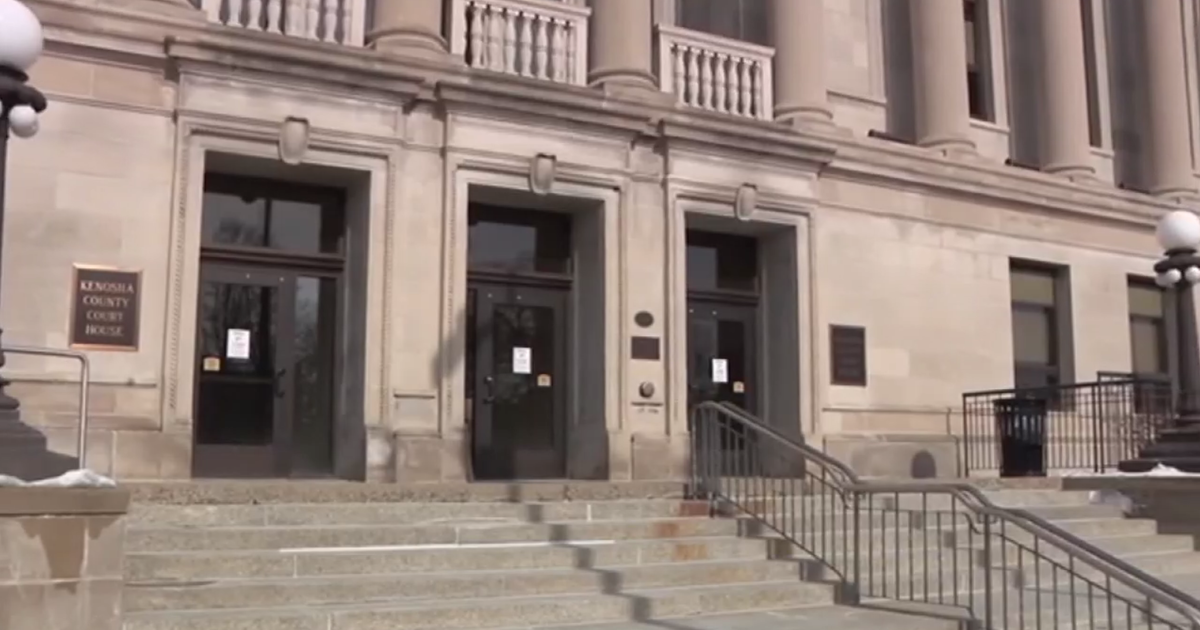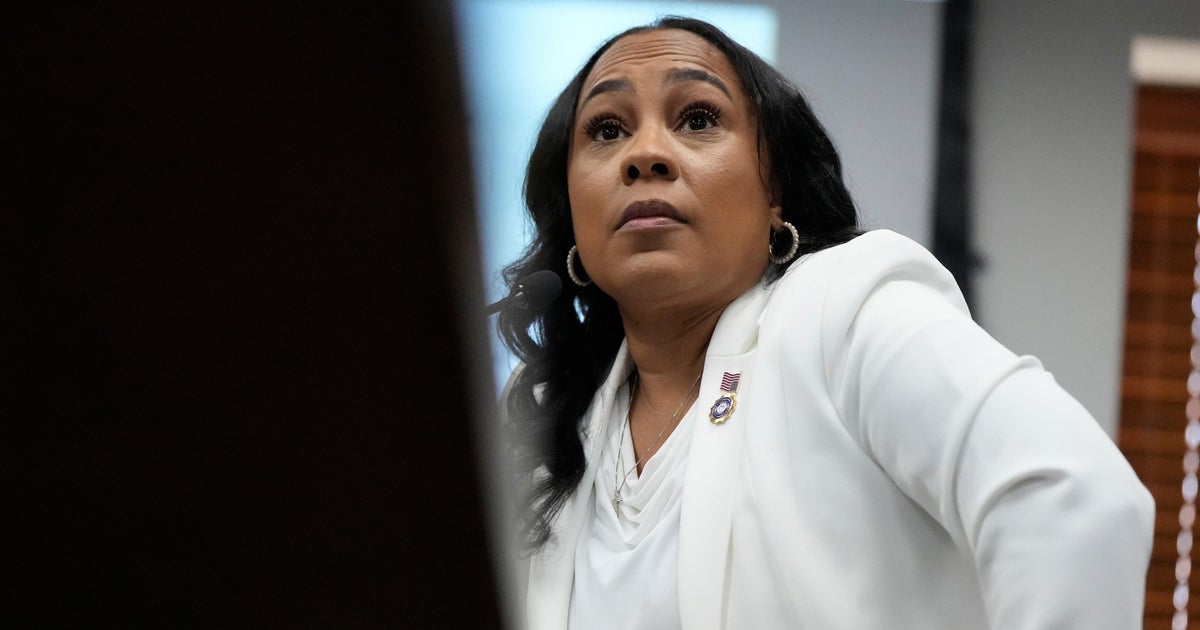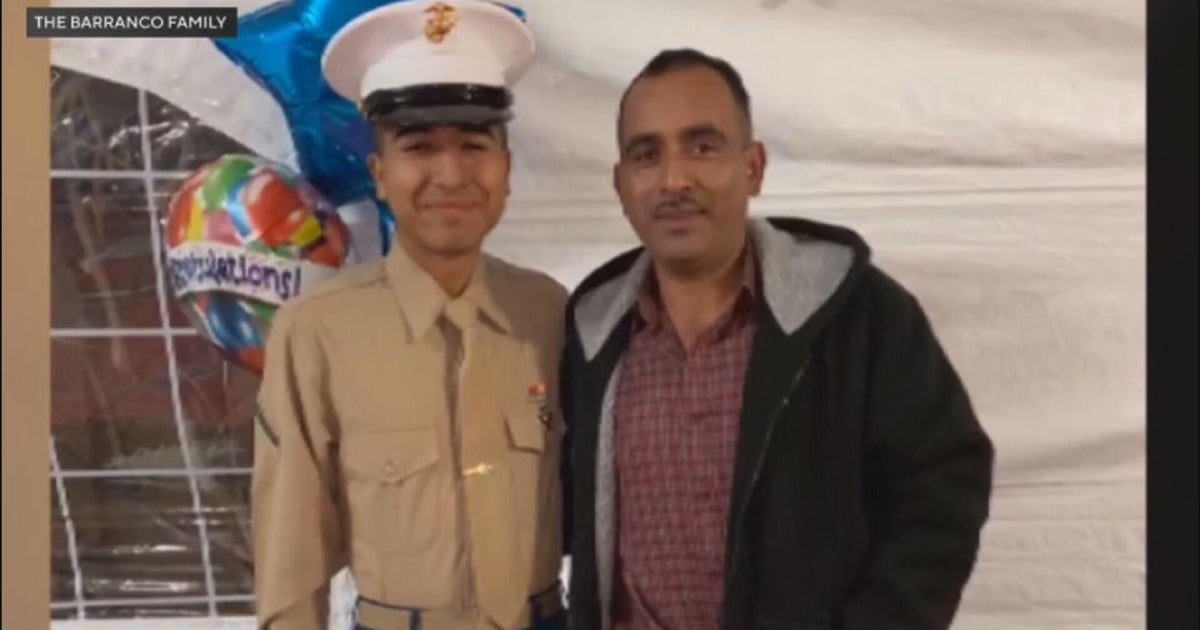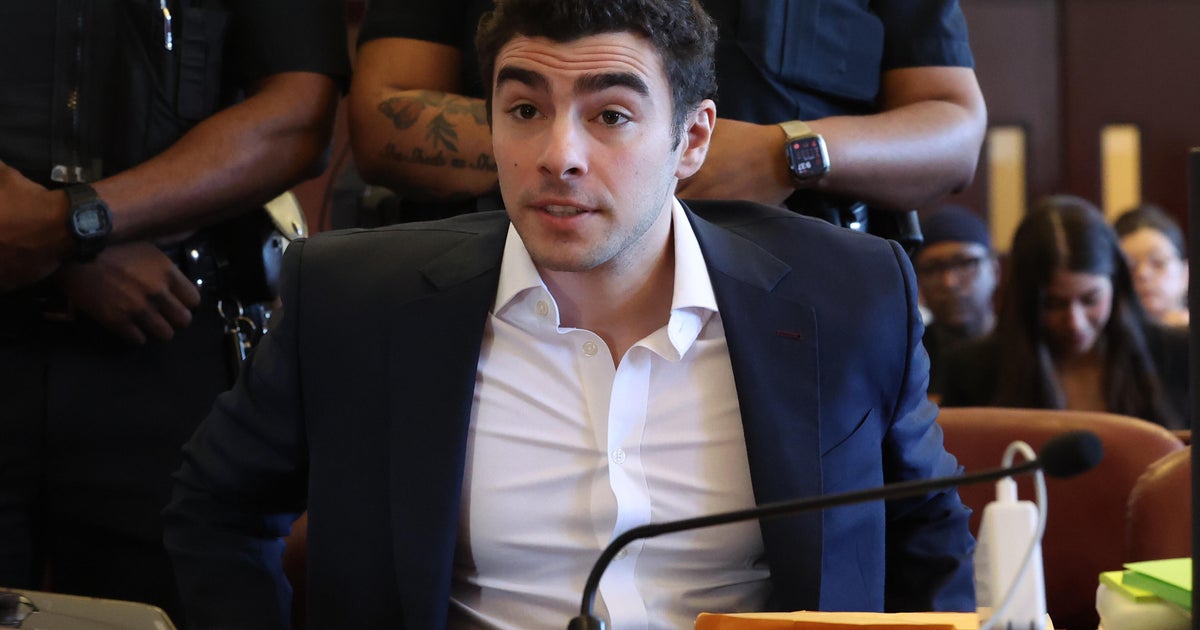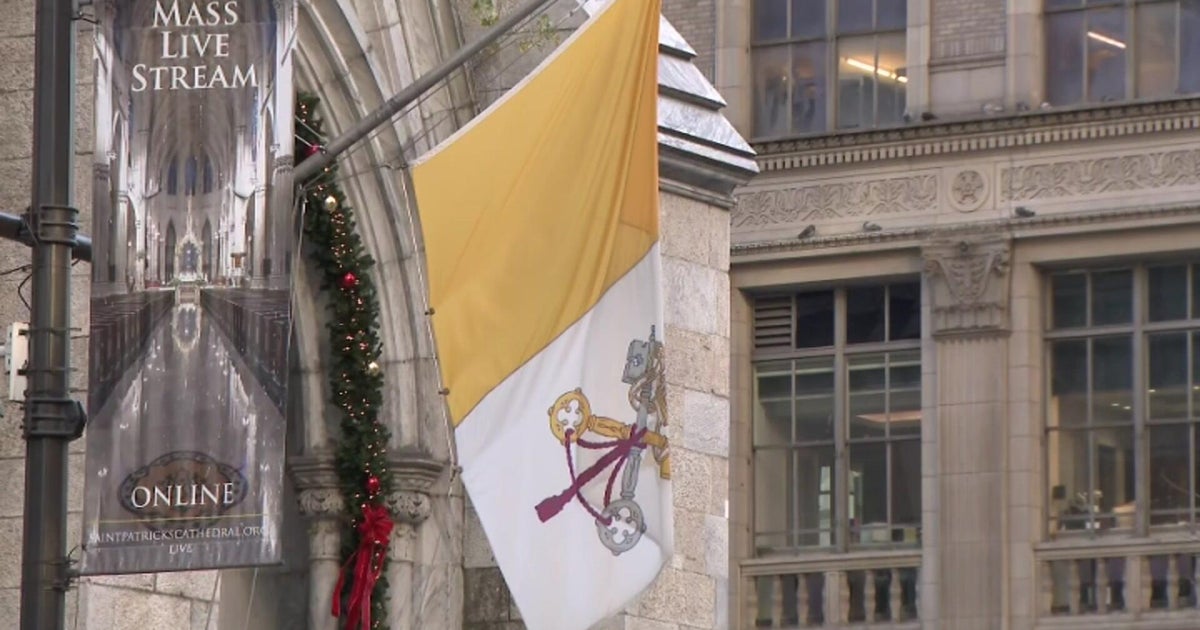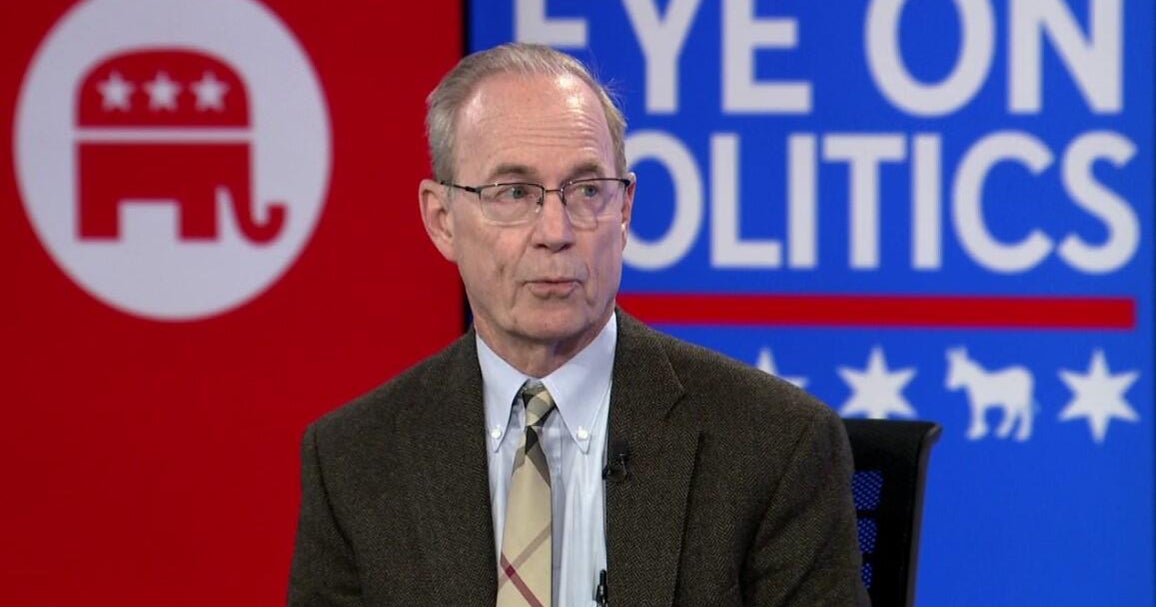Judge Tries To Untangle Daniel Uhlfelder's Case, Lawyer Who Donned Grim Reaper Costume To Criticize Florida Gov. Ron DeSantis
TALLAHASSEE (CBSMiami/NSF) -- A Northwest Florida judge is weighing how to handle an appellate court-fueled case against a lawyer who drew national headlines by donning a Grim Reaper costume. The attorney did that to criticize Gov. Ron DeSantis' handling of the coronavirus pandemic.
Prosecutors in March filed a motion to pursue sanctions against Santa Rosa Beach lawyer Daniel Uhlfelder at the behest of a three-judge panel of the 1st District Court of Appeal. The panel made the rare move of ordering State Attorney Ginger Bowden Madden to ask a judge to consider penalties for "putatively unprofessional conduct" after Uhlfelder made comments to a newspaper following a court decision.
In the previous months, Uhlfelder appeared throughout Florida in the macabre Grim Reaper outfit to call attention to issues such as DeSantis' refusal to close beaches amid the pandemic.
During a hearing Monday, Uhlfelder's lawyer, Richard Greenberg, urged Santa Rosa County Circuit Judge Scott Duncan to dismiss the case, arguing that the appeals court's order for the possible sanctions fails to comply with a disciplinary rule cited by the three-judge panel.
The seldom-used rule allows judges to direct state attorneys to file a motion seeking discipline if a lawyer "has been guilty of any unprofessional act" laid out in Florida Bar regulations.
Greenberg told Duncan that the appeals court's order does not comply with the rule because Uhlfelder has not been found guilty of any wrongdoing.
Greenberg noted that the rule was crafted before The Florida Bar largely became responsible for conducting investigations into attorneys' conduct, a process that has existed since the 1940s.
"Although the rule has been around all these years, it is almost never used. However, it is our position that when the rule is used, it must be followed," Greenberg told Duncan during Monday's one-hour hearing.
Duncan, however, appeared skeptical.
"But isn't the whole point of this proceeding really to determine whether or not there was a violation?" the judge said. "Let's assume the DCA (district court of appeal) said he has been guilty. I struggle with that because they're not the ones that make this decision. Ultimately, that's my decision, or perhaps somebody else's decision, because it may be after all the evidence is presented, I find there's not a violation."
Assistant State Attorney Anne N. Izzo told the judge that he should move forward with an investigation into Uhlfelder's conduct, saying the court has "jurisdiction to investigate any disciplinary actions or violations."
Duncan indicated at least some of the issues were perplexing.
"I guess I'm just a little confused as to what it says 'has been guilty,'" the judge said. "It's confusing language because it's like they've already determined he's guilty. Well, if they've already determined he's guilty, then they're sending it to a circuit court to, I guess, determine again he's guilty, or then perhaps not guilty."
Duncan asked Greenberg and Izzo how they thought he should proceed if he does not dismiss the case.
"If we have a hearing on this, am I to assume he's guilty or am I to conduct a full evidentiary hearing to determine if he's guilty?" the judge said. "They have to say the words 'has been guilty' as opposed to 'may be' guilty. If they've already determined he's guilty, then what am I supposed to do? Am I just to mete out punishment, or am I to determine whether he is guilty or not?"
Greenberg pointed out that The Florida Bar is conducting an investigation into whether Uhlfelder violated canons regulating lawyers' conduct.
"There's no question that the 1st District Court of Appeal could have referred this issue directly to The Florida Bar without making any comments. … They didn't do that. They used this one specific rule which has a prerequisite in it. And if they don't follow that rule, your honor has to respectfully tell the court that they used the wrong procedure," Greenberg argued.
The legal wrangling is rooted in a lawsuit Uhlfelder filed in March 2020 to try to force the governor to close beaches to prevent the spread of COVID-19. Leon County Circuit Judge Kevin Carroll ruled that he lacked the authority to order the governor to shut down beaches, leading to Uhlfelder taking the case to the Tallahassee-based appeals court.
The three-judge panel on Feb. 5 asked the Bar to consider imposing sanctions against Uhlfelder, saying there was "no good-faith basis" for the appeal and accusing Uhlfelder and his lawyers of using "this court merely as a stage from which to act out their version of political theater." Greenberg was not involved in the lawsuit.
The News Service of Florida wrote about the order in a story that was published online by the Tallahassee Democrat, a News Service subscriber. The story, as published by the Democrat, also included comments that Uhlfelder made during a brief interview with the USA TODAY NETWORK - Florida Capital Bureau, which is affiliated with the Democrat.
"I do find it interesting that this opinion attacking my critiques of Gov. DeSantis appeared just two days after I launched a (political) committee to remove Ron DeSantis," Uhlfelder said during the interview, referring to what is dubbed the Remove Ron political committee.
After the story was published, the three-judge panel ordered Bowden Madden's office to file a motion seeking to discipline Uhlfelder for "putatively unprofessional conduct."
Duncan asked Izzo if the prosecutor's office had discretion to pursue the sanctions.
"I don't believe we have discretion not to file and I think it's up to the court to determine and investigate if there was a rule violation, and if so, to sanction that," she said.
Deciding that appellate judges have erred poses a challenge for Duncan, Greenberg appeared to concede on Monday.
"I can recognize that your honor is sitting here maybe having to tell a higher court that they didn't comply with the rules," he said.
But Uhlfelder's lawyer argued that Duncan "has no choice but to dismiss" the case "because it fails to comply with" the rule.
"And once that's done, it will be up to the 1st DCA to decide if they want to take … further action," Greenberg said.
Duncan said he would take the case "under advisement" and issue a ruling soon.
"Interesting case, interesting arguments. We will take a look at it, and I will make a decision in a couple of weeks," he said.
